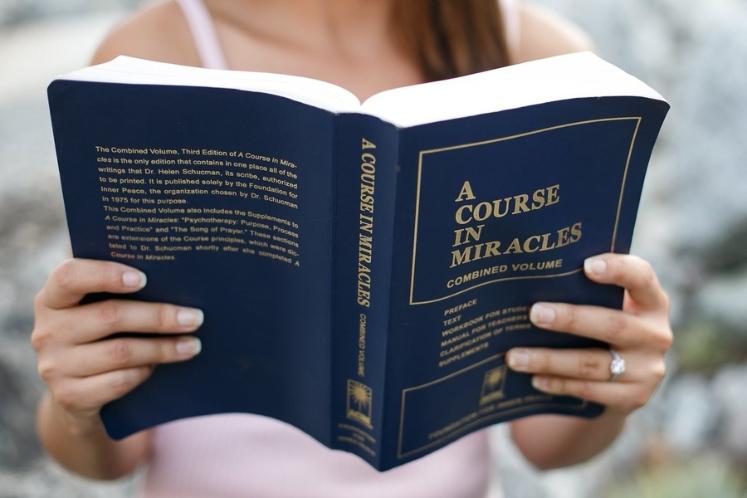We are here to critically understand the relevance of Ancient Indian a course in miracles system in the modern time. Has the modern education ethos has helped to understand the Indian society. Do we want to become original thinkers again or remain in the present system which breeds mediocrity? India need to think carefully how much foreign system of education has helped her. Time has come to go back to high level of education which will produce thinkers.
Basis of Indian education has been learning and understanding. It became just memorizing after countless invasions. India was the most prosperous nation in the world in the ancient times. It believed in exploitation of the natural resources just that much which was needed. Excessive exploitation of natural resources was not done nor was it encouraged. In India people worship nature: plants, wind, fire, water, sun and so on. This proves the respect it gave to all the living plants and animals on the Earth. In Hindu religion it is said that over exploitation of the sea, should be avoided and that is known as “samudramanthan.” Giving education was considered as noble job, a solemn duty of the teacher and he should not expect remuneration from the students. A teacher used to be dedicated and did take teaching as a mission.
Academics also helped to reform the societies. We could recall the contribution made by the great economics teacher of Takshashila and Nalanda Universities; Chankaya who realized that for economic development in the region it was necessary to make an undivided nation: India. He helped Chandragupta to establish the Mauryan Empire which ruled the entire subcontinent and beyond. This empire in recent time gave the system that gave us the ethical standards which Indians value even now. The education standards were high and people came from far lands to study all streams of subjects here in India. Indians also worship goddess of education “Saraswati.” Even today it is celebrated with great fanfare.
Hindus do have a function where the child is introduced to learning and that is the culture of India. Indian society is based on education. People in education are given the highest position in society called Brahmins. In ancient times one had to work very hard to become a Brahmin. In those days it was not by birth. One had to take that profession then only he could become a Brahmin. The Brahmin could not take money to give education. Education in ancient India was free to all. The kingdom would fund education. India is a country which has low literacy but high education. People know about life, nature, plants, and its importance and so on.
Indian education system was based on the principle of total development; mind and emotions. Indian system paid great emphasis to development of ethical sole and therefore, introduced brahmacharya system. During this period a student is supposed to learn only. Indian system gave emphasis to learning through practice. It was indeed based on religious practices and religious acts. One must appreciate that religion in those days was just a way of life hence, no conflict with education. One had to follow a strict way of life which one has to still follow. Athavaveda an ancient book talks in detail the education part; the system and methods to be followed.
It however, had some defects. Education was restricted to those who deserve and was not available to all. Second it was Guru (teacher) centric i.e. for every thing one had to depend on the guru and his knowledge was considered perfect. Buddhism democratized the education by allowing all to study. This helped to spread education and institutionalise education by forming Universities. Buddhism did not deviate from Hindu system of imparting education but made it broad-based. Here again educators and students had to be religious people and had to follow a strict rules. Even here it was not fully devoid of old Guru System. Even Buddha said “Buddham saranam gachchami” (Come to Buddha to get enlightenment). Mind you, in ancient times the great saints did research on their own and developed body of knowledge which was in contrast to what Buddha said. However, he challenged the system of concentration of knowledge in few hand. This might have diluted the quality of knowledge but this improved the understanding of the people in general in India.
This also developed a bond among people of India which is keeping this country together. This is the secret of unity in diversity of India. A diverse country became one population having same principle of life that is achieving mokshya (eternal bliss).
Indians always paid great importance to education which would improve the ethical standard of the population. Resilience of ancient Indian education system was proved again and again. Since the early stages of foreign invasion India lost all its material wealth but not the Indian ethos and superiority of our (Arian) culture and believes. This was possible because of the foundation of Indian education system. Others talk about Ethics but Indians practice through education.

More Stories
Physiotherapists: The Architects of Movement and Recovery
The Enduring Allure of Gold: A Timeless Symbol of Wealth and Power
De Kracht van Kunst in je Woonruimte